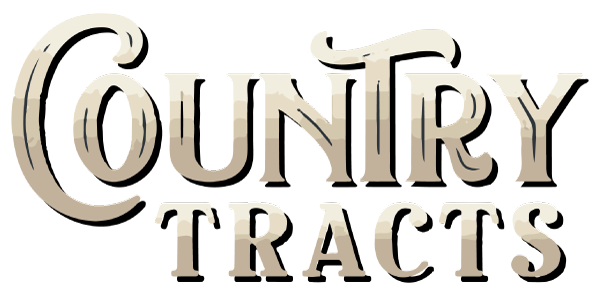 Yes…and No…
Yes…and No…
As someone that buys and sells large tracts of land for a living, I see both sides of the question, “Do I need a Survey when Buying Land?”, every day.
Just like many things in life, the answer depends on the situation.
YES:
For a general rule, I have a few scenarios where I’d recommend a buyer obtains a survey when purchasing land. First one being, IF the buyer is a novice to the land buying world. Then I’d also suggest it if this is likely the only large land purchase that they will make in their lifetime. If this is your first purchase of a large tract of recreational, hunting, or timber investment land and you would be more comfortable with a survey, I recommend you get one.
Additionally, if you purchase, say, a 250-acre tract for your family as an investment, but also plan to build a ranch house and use it for hunting, fishing, and recreation? Then I would say it’s money well spent to know exactly how much land you are purchasing as well as where the boundary lines are. This will help you solve any potential issues with encroachments from neighboring property owners. Also, this will let you know exactly what is yours when you start a timber harvest plan, etc.
NO:
When would you NOT want to get a survey when buying land? And why would you NOT want to get a survey when buying land?
First of all, the surveys can be expensive! If a buyer is paying cash for land, it’s not necessary to obtain a survey to close on a property. If you are financing the purchase, some lenders will require a survey, but not all. We recently sold a 122-acre tract of land in Floyd County, Georgia. When the buyer went to price out surveyors, the estimates were between $11,000 and $15,000. That’s a big chunk of change. In this particular case, we already had a compartment map of the property. The compartment map was created by our surveyor (at a much lower cost since there was no fieldwork) by using the legal description from the previous deed.
The buyer cross-referenced the acreage shown on the compartment map with the acreage shown on the county GIS mapping system. They were very comfortable completing the purchase with that information and by saving the money on the survey. He plans to use those savings to make further improvements to his new tract of land.
Another situation where a buyer may pass on paying for a survey is if they are an adjoining landowner. Much of our land for sale is large tracts of timberland that may go on the market only once or twice in someone’s lifetime. If we have a neighbor whose land has been in the family for generations, they probably know our parcel as well as their own. Therefore they’d be very comfortable with the boundary lines and acreage. In this case, paying for a new survey isn’t necessary in their eyes.
Many institutional land buyers will skip the survey when purchasing land. Say they buy a package of 30 tracts totaling 4500-5000 acres as a timber investment. In this case they will just use the legal descriptions for the purchase. This helps to save time and money.
Lastly, sometimes the numbers just don’t add up. If you are comfortable with previous timber maps or compartment maps or county GIS mapping systems, that may be enough precision for you. If you are paying $3500 per acre, for 122 acres and spend $15,000 to find out that the 122 acres is actually 120 acres… Well as they say, the juice ain’t worth the squeeze.
Sean Larkin
Country Tracts
Licensed Broker Florida and Georgia
If you have any questions about the land buying process or would like to start looking at land for purchase, start browsing the listings on our website www.countrytracts.com and give us a call.



